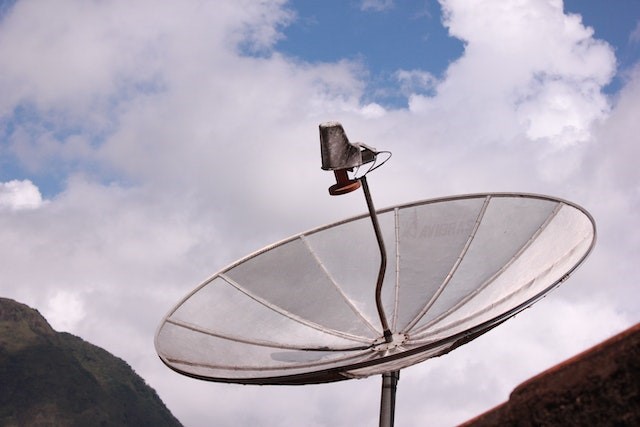The age of satellite television is gone, there’s no doubt about that. However, despite so many alternative options in the market like cable television, some people still prefer old-school technology. Not only this but there are some barriers or parameters that new technology cannot break or overcome. This is why satellite internet is not completely out-of-business, but it is still around.
While we won’t really discuss the reasons, we will be talking about the pros and cons of satellite TV. This will give you a hint or a glimpse of the reasons as well as help you decide if satellite TV is something you would also like to invest in. Instead of going by hearsay, it is important to know the facts to make an informed decision. So, let’s take a look.
Pros of Satellite Television
Unlike what most people think, satellite TV comes with many perks. Some of them are smaller dishes, a variety of channels, great availability, and sometimes even, free equipment depending on the ISP (under certain conditions). Let’s take a look at the pros in detail.
Accessibility
When it comes to availability, satellite TV does not pose much of an issue. The reason for this is simply that no matter where you live, all you need is a satellite dish antenna and some other equipment. You’re not bound to a certain area or service location as is the case with fiber and cable internet. Just get the proper equipment, set it up, and you are good to go!
Variety of Choices
When it comes to satellite television, another good point about this is that you aren’t restricted to some or particular channels only. Meaning, that with satellite television, you get access to other foreign TV channels as well, which are usually harder to get with regular cable TV.
No Monthly Contracts
Some cable TV plans might ask you to buy the service using a contract. Satellite TV does not sell its plans or services via contracts. Contacts happen to complicate everything and then when you are not happy with the service, you can’t exactly sign off or go away without paying a penalty.
This is why most people avoid contracts and contractual services. It is safer to subscribe for a month, try the service, and see if you want to continue with it. Keep in mind that this also depends on the provider.
High-Quality Video
With satellite television, you will get high-quality video due to the signal traveling directly from the satellite with no meddling in between. With cable TV, there might be interference from hills, buildings, power lines, and more, which can cause distortion in the video.
Cons of Satellite Television
For every pro, there is a con. That may not be how the saying goes, but you get the point. The cons for satellite TV range from high installation costs to interference. Let’s take a look in detail.
Installation Costs
You might have already heard this about satellite television and it is true. The installation cost for satellite internet is expensive and the reason for that is the size and weight of the satellite dish. Unlike cables, satellite dishes need a support structure and this is where it gets costly. Additionally, the equipment costs are also a bit much compared to other connection types.
Subscription Costs
With cable television, you have the option of subscribing to particular channels only, but with satellite TV, you get access to all channels, even if you don’t want some of them. The downside of this is that you will have to pay for all the channels regardless of whether you want those channels or not. This is what amps up the subscriptions cost.
Time Delay
Another con of having satellite TV is that there is often a time delay for the broadcasting of live events. For example, if you are trying to watch a football game, you will have to wait a bit, precisely a few minutes, for the live transmission or status to come through since satellite internet is slow. The signal reaching your home will take its time.
Signal Interruptions
Since the signal is supposed to reach directly from the satellite to your dish, if there is anything in between, this will cause interruptions with the connection. Storms are the number one cause of interruptions with the signal and so, you won’t be able to use the TV during a storm. Bad weather is not the only form of interruption, however, and anything including sunspots and lightning could be a cause of the interruption.
Concluding the Topic
In the end, we would just like to say that whether you select a satellite connection or a cable connection, everything comes with a set of pros and cons. You can’t go into anything blindly and you need to do your research before selecting one option. Thus, be sure to read up on other connections and their pros and cons as well.

